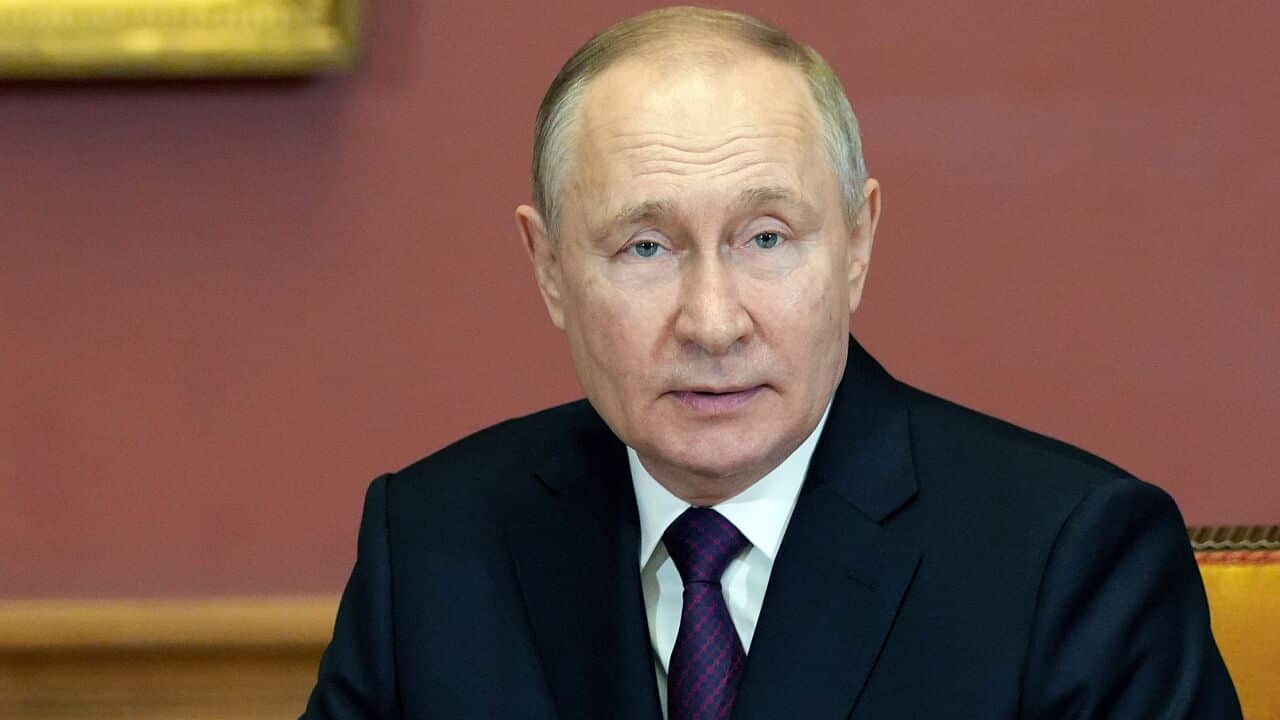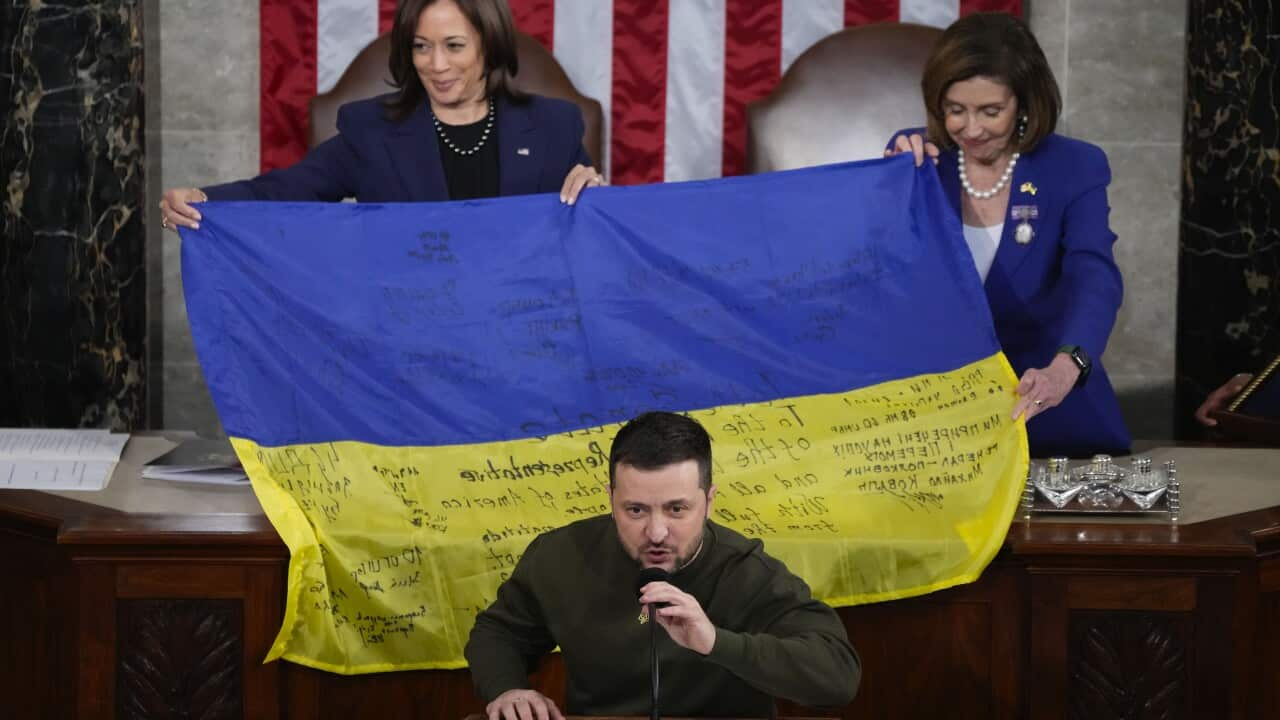Key Points
- Under the price cap, oil traders promised not to pay above $AU89 per barrel for Russian seaborne oil.
- Russia is the world's second-largest oil exporter after Saudi Arabia.
- Russia's ban will halt crude oil sales to countries participating in the price cap from 1 February to 1 July 2023.
Russia has announced it will ban oil sales to countries that abide by a price cap imposed by the West, including Australia, in response to the attempt to limit Moscow's ability to raise funds for its war in Ukraine.
Under the price cap that took effect on 5 December, oil traders must promise not to pay above $AU89 per barrel for Russian seaborne oil to retain access to Western financing for such crucial aspects of global shipping as insurance.
The cap has been set close to the current price for Russian oil, but far below the prices at which Russia was able to sell it for much of the past year, when windfall energy profits helped Moscow offset the impact of financial sanctions.
Russia is the world's second-largest oil exporter after Saudi Arabia, and any actual disruption to its sales would have far-reaching consequences for global energy supplies.
A decree from published on a government portal and the Kremlin website on Tuesday, was presented as a direct response to "actions that are unfriendly and contradictory to international law by the United States and foreign states and international organisations joining them".
The Kremlin ban would halt crude oil sales to countries participating in the price cap from 1 February to 1 July, 2023.
A separate ban on refined oil products such as petrol and diesel would take effect on a date to be set by the government. Mr Putin would have authority to overrule the measures in special cases.
Russian forces shelled and bombed towns and cities in eastern and southern Ukraine again on Tuesday.
In Bakhmut, home to 70,000 people before the war and now mostly a bomb-wracked ghost town, Reuters reporters saw fires burning in a large residential building, while debris littered the streets and most buildings had had their windows blown out.
"Our building is destroyed. There was a shop in our building, now it's not there anymore," said Oleksandr, 85, adding he was the only remaining resident there.
Nearby, 73-year-old Pilaheia said she had long gotten used to the "constant explosions".
Mr Putin has repeatedly spoken of a desire for peace talks in comments in recent days. But his foreign minister Sergei Lavrov made clear Moscow still has a list of preconditions, including that Ukraine recognises Russia's conquest by force of around a fifth of Ukrainian territory, which it says it has annexed.
"Our proposals for the demilitarisation and denazification of the territories controlled by the regime, the elimination of threats to Russia's security emanating from there, including our new lands, are well known to the enemy," TASS news agency quoted Mr Lavrov as saying late on Monday.
"The point is simple: Fulfil them for your own good. Otherwise, the issue will be decided by the Russian army."
Ukrainian President Volodymyr Zelenskyy said that as a result of attacks on Ukraine's energy infrastructure nearly nine million people were currently without power - equal to about a quarter of the country's population.











